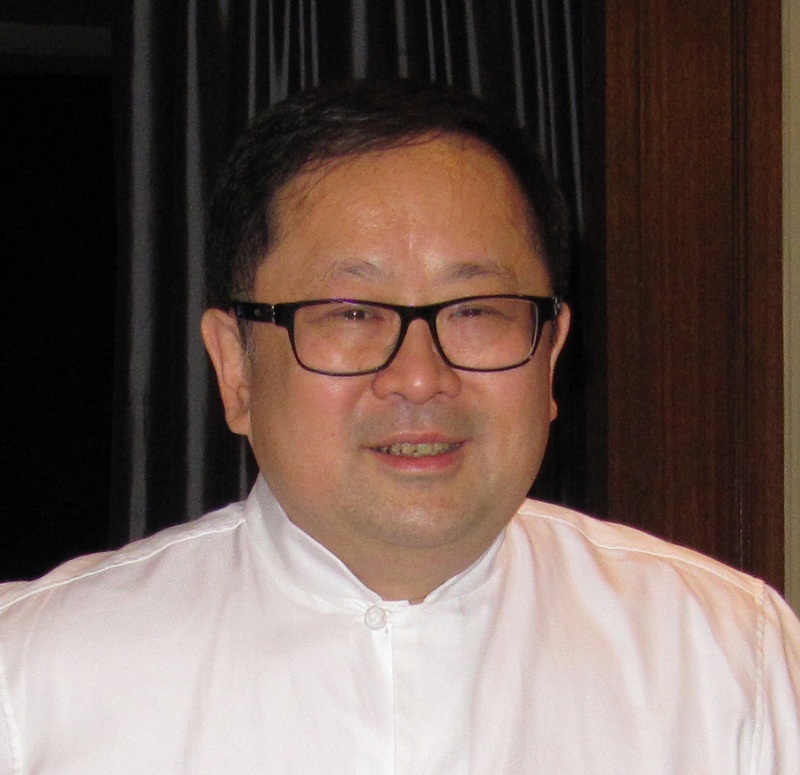From the President – September 2019
Español Français 中文

It seems to me that the world is becoming a less safe place. Medical emergencies such as the re-emergence of ebola, wars, civil unrest, and political upheaval are all on the increase. In the middle of all of these challenges, family doctors are expected to – and do! – continue to provide first point of contact care for their patients. Some of their patients will be affected specifically by the upheaval going on around them. Others will continue to suffer from chronic illnesses and diseases which need ongoing monitoring and treatment. And still others will develop illnesses and diseases as in the normal course of events. In all cases, the family doctors will provide care, diagnosis and treatment within the context of whatever is going on in the community, in an ethical and professional way.
In all circumstances, family doctors act as front-line health professionals, providing care as requested, referring to other professionals as necessary and where they are available. But how do family doctors themselves cope in situations of medical crisis or political unrest? Who listens to their concerns or worries?
There is an unspoken expectation that family doctors will simply continue to look after their patients in whatever circumstances arise. Often, their clinics or practices do not have the relative safety that hospitals enjoy. Clinics are usually located in residential areas, to serve local communities. In situations of unrest, or worse, family doctors may find themselves in the ‘front line’ in more ways than one! It may be difficult even to access their places of work, which leaves their patients without access to necessary health services.
While we, as family doctors, want to be available and accessible at all times to our patients, we must also be aware of the risks to ourselves. It is important for us to undertake our own risk assessments in situations where our security and safety are issues. Equally, as family doctors and trusted members of our communities, we should actively participate in locality planning which addresses security, environmental and other risks.
Risk reduction and preparedness, through active community participation, will help to alleviate concerns and ensure that a range of professionals are resilient to crises, should they arise. Working together, across professions and community groups, and having a plan in place, ensures that action can happen quickly to reduce risks for professionals and the communities in which they work, irrespective of the crisis situation they face.
If there is no formalized community preparedness or risk reduction initiative already in place, the family doctor, as a trusted professional within the community, is well placed to start and lead the initiative. Working together with local authorities, community organisations and other professional colleagues is a productive way to anticipate potential incidents or situations and to understand the ongoing dynamics within a community. Listening to colleagues’ understanding of what is going on in a community can be very instructive: their experiences and those of community groups and local voluntary groups may be quite different from the experiences of the family doctor. Together, your professional colleagues and community organisations can build up knowledge of the community and be alert to changing dynamics either within the community or more generally.
The more we can do to prepare for adverse situations, whether it is a disaster or a locality based upheaval of some sort, the more likely it is that family doctors will be in a position to continue to offer the services required, and the more likely it is that patients will continue to have access to those necessary services. I have enjoyed chairing the Hong Kong Jockey Club Disaster preparedness and Response Institute (HKJCDPRI) of the Hong Kong Academy of Medicine since 2014. I urge family doctors everywhere to get involved in their local or national organisations.
Donald Li. WONCA President